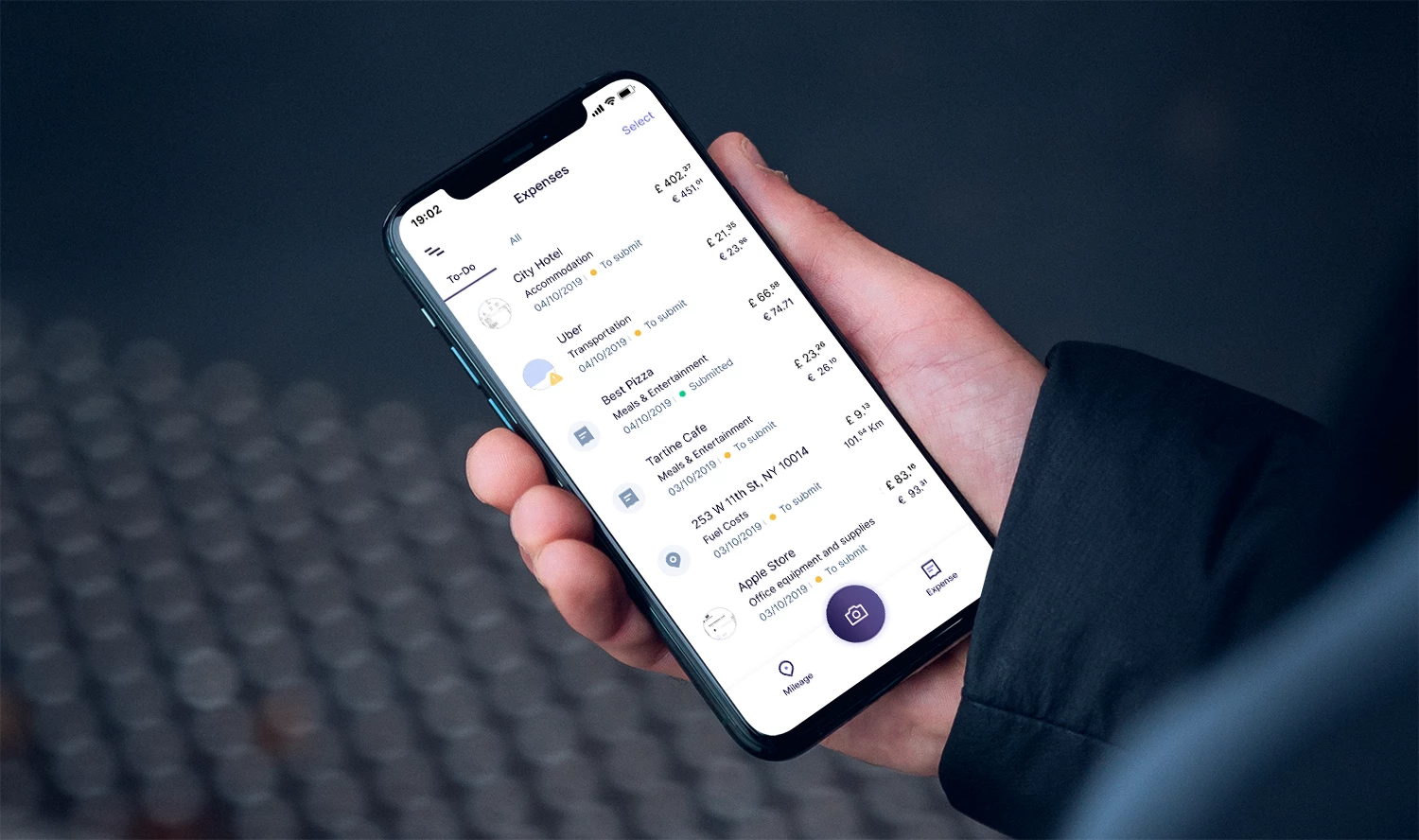
Member Article
Keeping The Wheels On: How To Get a Grip on Costs So Your Business Can Survive The New Lockdown
Businesses large and small are facing a period of huge financial uncertainty as Covid-19 has plunged economies across Europe into recession for the first time in over a decade, and for many getting a grip on expenditure and cutting costs has never been more acute.
With clients taking longer and longer to settle invoices, dwindling order books and unexpected Covid-19 costs appearing, the need to smooth cash flow and keep the company bank balance topped up is crucial.
In August 2020, the Office for National Statistics reported that one in 10 UK firms have said they are at risk of becoming insolvent because of the coronavirus crisis, with 40% admitting they have less than six months worth of cash reserves in the bank. The impact of lockdown restrictions, reduced travel and uncertainty affecting consumer spending has meant businesses have reported a drop in expected profits of between 15% and 50% over the next year.
Yannick Van Looy, Territory Manager UK & Nordics at Rydoo, the streamlined expenses app and SaaS platform, shares some key steps that you can take now to help ensure your business will keep the cash flowing and survive the current period of extreme uncertainty:
- Put People First: The biggest asset of any business is always the team so you need to be open and honest about who you need and how you need them to work. Take advantage of any government support schemes to help with their wages and look at reducing hours or costs as an alternative to letting people go at this time
- Negotiate Office Space: Another huge cost is the rent on your workplace and that can be especially challenging if your team is working remotely and the charges feel like a waste. In the first instance, speak to your landlords to negotiate a new deal on space and reduce these costs either until you are back in full-time or a longer term reduction
- Get Paid on Time: One of the biggest challenges to cash flow is late payment of invoices from clients. Build the relationships you have between accounts teams to try and get visibility on when and how bills will be paid so you can plan the invoices that you need to settle and schedule against tax payments
- Cut Expensive Expenses: While the odd subscription or unidentified cost here and there might not look like a lot, they can really add up on a monthly or annual basis. Take a forensic view of all your outgoings and how they have changed this year. Entertaining and travel might have been reduced but they have been replaced by more home office equipment and software licenses that can really add up and affect the ability to function as a business
- Lay Down The Law: Set hard and fast rules about what your outgoings will be each month and stick to this. If you know what amount can be spent and no more it will help to keep your account in balance and mean you are able to pay your bills on time
- Plan Ahead: While none of us can be sure what the next week will bring at the moment, let alone the next year, building a prediction of incomings and outgoings and constantly updating this allows you to keep an accurate prediction of where tricky times might arise and you are able to plan around these in the short term
Yannick Van Looy comments, “At Rydoo we understand that businesses have to quickly identify where costs are having an impact on their performance so they can assess the validity of these expenses and how critical they are to their ongoing operations. By having better control over expenses, you can make more informed decisions and ultimately save costs during the new stages of lockdown.“
This was posted in Bdaily's Members' News section by Rachel Robins .




 test article 123456789
test article 123456789
 hmcmh89cg45mh98-cg45hm89-
hmcmh89cg45mh98-cg45hm89-
 test456456456456456456
test456456456456456456
 test123123123123123123
test123123123123123123
 test xxxdiosphfjpodskhfiuodsh
test xxxdiosphfjpodskhfiuodsh
 Savour the flavour: North Tyneside Restaurant Week returns for 2024
Savour the flavour: North Tyneside Restaurant Week returns for 2024
 Six steps to finding the right buyer for your business
Six steps to finding the right buyer for your business
 Stephen signs off on a special night
Stephen signs off on a special night
 Life’s a Peachaus: Gillian Ridley Whittle
Life’s a Peachaus: Gillian Ridley Whittle
 Making a splash: Phil Groom
Making a splash: Phil Groom
 Making workplace wellbeing a priority
Making workplace wellbeing a priority
 A record of delivery, a promise of more: Ben Houchen
A record of delivery, a promise of more: Ben Houchen